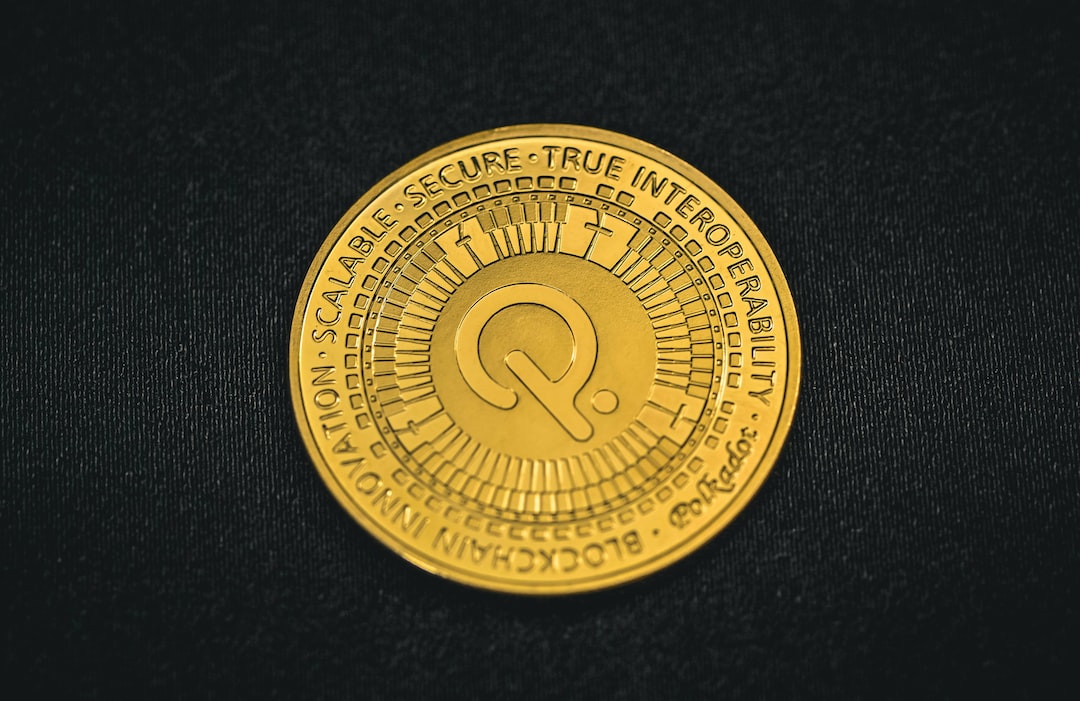Web3 has made significant progress in mainstream industries, with many companies exploring Web3 initiatives. A study by Coinbase found that over half of the top 100 Fortune 500 companies in the US have pursued Web3 initiatives since 2020. There is potential for Web3 to drive innovation across various sectors, such as finance and healthcare, by eliminating intermediaries, reducing costs, improving data integrity, enhancing cybersecurity, and creating new ways of interacting with customers.
However, it’s important to note that not all mainstream industries can immediately benefit from Web3 tools. Companies must approach Web3 implementation strategically and consider its impact on every operational department. Web3 is still in its early stages of development, similar to the internet in the late 90s, and many companies are incorporating it without a clear plan.
While there have been hurdles and challenges for mainstream companies using Web3, these missteps can serve as valuable learning experiences to refine approaches and maximize the benefits of Web3 in the long run. It’s also essential to consider each industry’s unique requirements and constraints when determining the suitability of Web3. Some sectors may not benefit as much from decentralization or blockchain technology and may find traditional systems more cost-effective and efficient.
Certain mainstream industries have already successfully implemented Web3. In the music industry, artists can eliminate intermediaries and connect directly with their audience through decentralized music platforms that provide transparent royalty systems. The gaming industry has seen an enhanced ownership experience for players through decentralized networks like blockchain. In real estate, Web3 enables peer-to-peer transactions and fractional ownership through smart contracts, increasing accessibility to investments. The fashion industry has also benefited from Web3 technology by allowing designers to protect their intellectual property rights and authenticate products through smart contracts.
While there is potential for Web3 in the mainstream finance world, there needs to be a consensus between on-chain and legacy systems on a trusted gold standard medium of exchange that can flow seamlessly between both ecosystems. Until then, adoption efforts may be gimmicky.
In conclusion, Web3 has the potential to improve mainstream industries, but its implementation must be carefully considered and tailored to each industry’s specific needs. While some sectors have already seen success with Web3, others may find traditional systems more suitable. Continued development and refinement of Web3 will be crucial for its broader adoption in the mainstream.





 By
By

 By
By
 By
By

 By
By